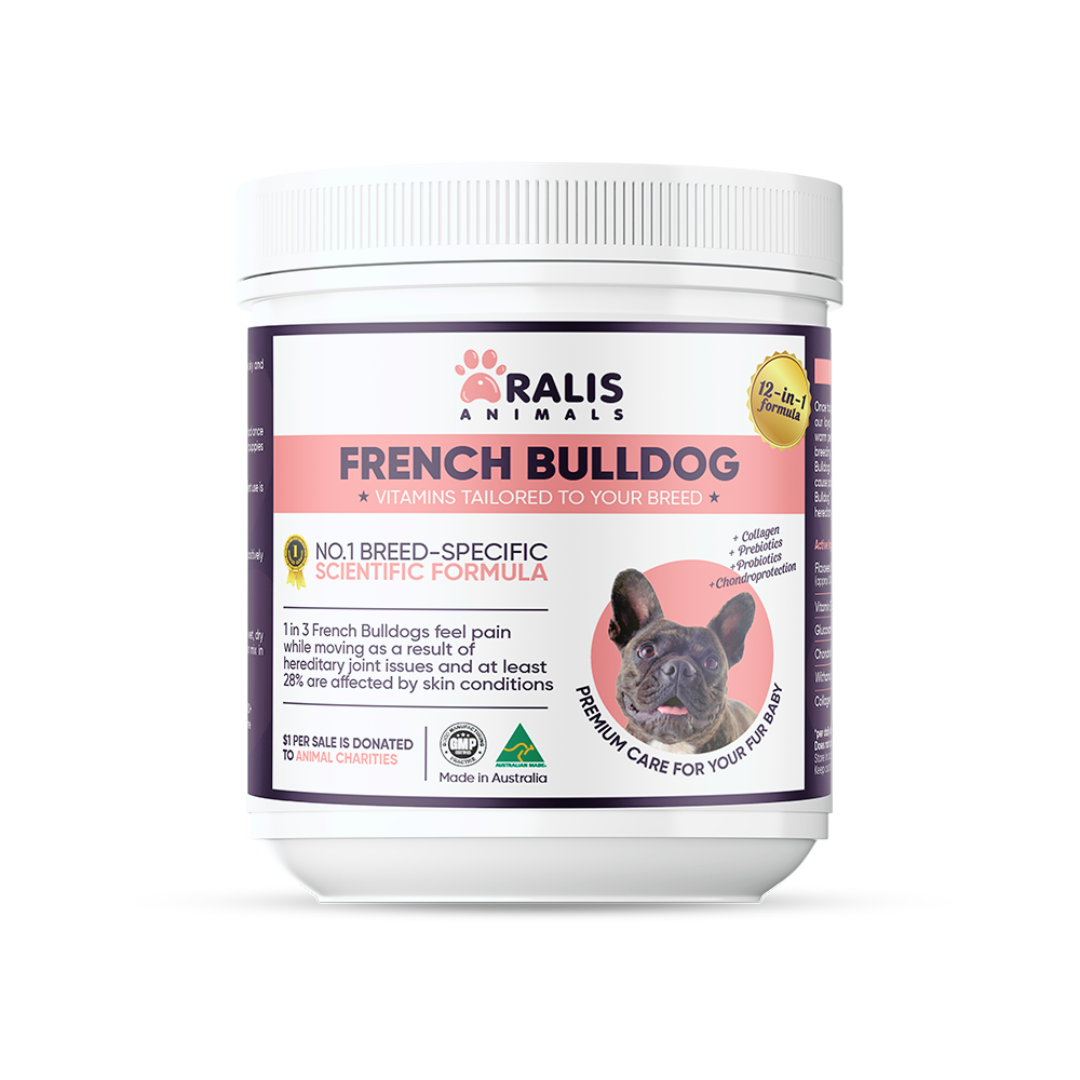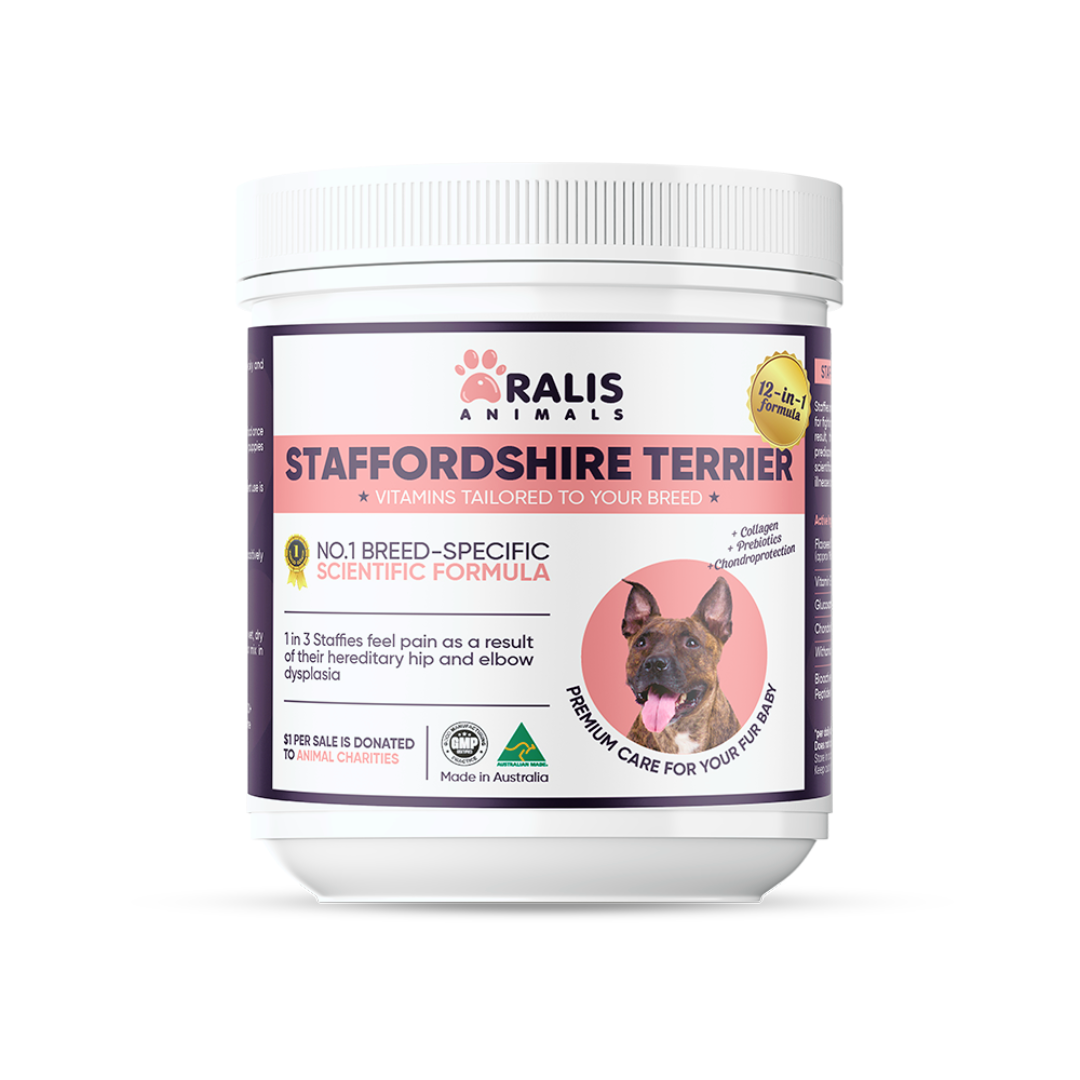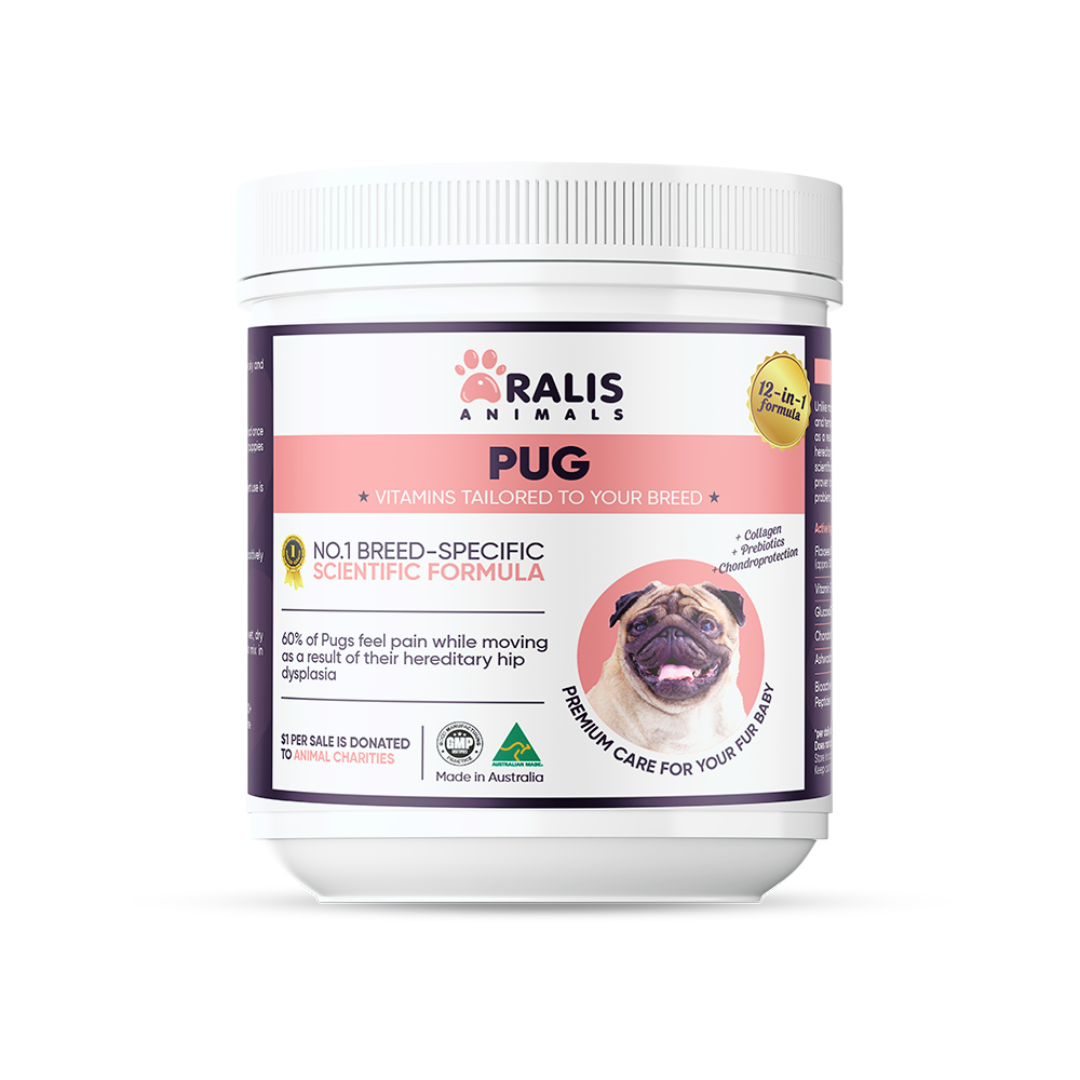How to Choose the Best Probiotic Supplement for Your Dog’s Gut Health

As pet owners, we all want our furry companions to thrive and enjoy a long, healthy life. One crucial aspect of canine wellness that often goes overlooked is gut health. The delicate balance of beneficial bacteria in a dog's digestive system plays a vital role in their overall well-being, from immune function to skin and coat condition. That's where probiotic supplements come into play, offering a natural way to support your pup's gut flora and promote optimal digestion.
Understanding the Importance of Probiotics for Dogs
Probiotics are live microorganisms, often referred to as "good" bacteria, that reside in the gastrointestinal tract. These beneficial bacteria help maintain a healthy balance in the gut, aiding in the breakdown and absorption of nutrients, while also supporting the immune system and preventing the overgrowth of harmful bacteria.
In dogs, a healthy gut microbiome can contribute to a wide range of benefits, including:
- Improved digestion and nutrient absorption
- Enhanced immune function and disease resistance
- Reduced risk of allergies and skin irritations
- Regulation of bowel movements and relief from diarrhea
- Promotion of a shiny, healthy coat
On the flip side, an imbalance in gut bacteria, known as dysbiosis, can lead to a host of issues, such as digestive problems, skin conditions, and even behavioral changes. This is where probiotic supplements can make a significant difference in your dog's overall well-being.
Key Factors to Consider When Choosing a Probiotic Supplement
With the growing awareness of the importance of gut health, the pet supplement market is flooded with a wide array of probiotic products for dogs. However, not all probiotics are created equal, and it's essential to choose a high-quality supplement that meets your pup's specific needs. Here are some key factors to consider:
Strain Diversity
The most effective probiotic supplements contain a diverse array of bacterial strains, each with its own unique benefits. Look for products that contain a combination of Lactobacillus and Bifidobacterium species, as these are the most commonly studied and beneficial for dogs.
CFU Count
The colony-forming unit (CFU) count refers to the number of live, active bacteria in the supplement. A higher CFU count generally indicates a more potent probiotic, with most veterinarian-recommended supplements containing at least 1 billion CFUs per serving.
Quality of Ingredients
Ensure that the probiotic supplement you choose contains high-quality, natural ingredients without any artificial additives, fillers, or preservatives. Opt for products that use human-grade, non-GMO, and organic ingredients whenever possible.
Breed-Specific Considerations
Some probiotic formulas are tailored to the unique needs of specific dog breeds or sizes. If your pup has any breed-related health concerns, such as sensitive digestion or skin issues, look for a supplement that addresses those needs.
The Benefits of Probiotic Supplements for Dogs
Incorporating a high-quality probiotic supplement into your dog's routine can provide a wide range of benefits that go beyond just gut health. Here are some of the key advantages of giving your pup probiotics:
Improved Digestion
Probiotics help break down food more efficiently, aiding in the absorption of essential nutrients and reducing the risk of digestive issues like diarrhea, constipation, and gas.
Enhanced Immune System
The gut is often referred to as the "second brain" due to its close connection with the immune system. Probiotics can help strengthen your dog's defenses against illness and infection.
Skin and Coat Health
Probiotics can help alleviate skin irritations, such as allergies, hot spots, and eczema, while also promoting a shiny, healthy coat. At Aralis Animals, our probiotic blend is designed not just for digestion, but also to support skin barrier function perfect for dogs with seasonal itching or dry coats.
Allergy Management
By regulating the immune system and reducing inflammation, probiotics can be beneficial for dogs with environmental or food allergies.
Exploring Different Types of Probiotic Supplements
When it comes to probiotic supplements for dogs, you'll find a variety of formulations, each with its own advantages. Here are some of the most common types:
Powder Supplements
Probiotic powders can be easily mixed into your dog's food or water, making them a convenient option. They often contain a higher concentration of live bacteria and are suitable for dogs of all sizes.
Chewable Tablets
Chewable probiotic tablets are a great choice for picky eaters, as they often contain added flavors to make them more palatable. They're also easy to administer and can be a good option for smaller dogs.
Liquid Supplements
Liquid probiotic supplements are typically more quickly absorbed by the body, making them a good choice for dogs with digestive issues or those in need of a rapid boost in gut health.
Natural Food-Based Probiotics
Some pet owners opt for natural, food-based probiotic sources, such as kefir, yogurt, or fermented vegetables. These can be a great way to incorporate probiotics into your dog's diet, but it's important to ensure they are safe and suitable for canine consumption.
Top Probiotic Ingredients for Dogs
When selecting a probiotic supplement for your dog, look for products that contain a combination of the following beneficial bacterial strains and supporting ingredients:
Lactobacillus
This genus of bacteria is known for its ability to aid in digestion, reduce inflammation, and support the immune system.
Bifidobacterium
Bifidobacterium species help maintain a healthy gut lining, prevent the overgrowth of harmful bacteria, and improve nutrient absorption.
Prebiotics
Prebiotics are non-digestible fibers that serve as "food" for the beneficial bacteria in the gut, helping them thrive and multiply.
Natural Additives
Some probiotic supplements may also contain natural ingredients like enzymes, antioxidants, or herbs to further support your dog's overall health.
Introducing Probiotics to Your Dog
When starting your dog on a probiotic supplement, it's important to introduce it gradually to allow their gut microbiome to adjust. Begin with a smaller dosage and slowly increase it over the course of a week or two, monitoring your pup's response. It's also a good idea to consult with your veterinarian, as they can provide personalized guidance based on your dog's individual needs and health status.
Conclusion
Maintaining a healthy gut is essential for your dog's overall well-being, and probiotic supplements can play a crucial role in supporting their digestive system, immune function, and skin health. By carefully selecting a high-quality, breed-specific probiotic formula and introducing it gradually, you can unlock the full potential of your furry friend's gut health and help them thrive. Remember to always consult with your veterinarian to ensure you're making the best choices for your beloved companion.





